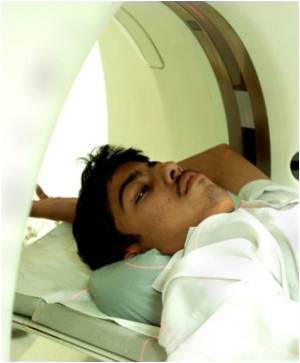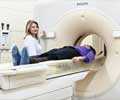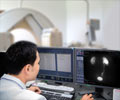Scientists today revealed that a global shortage of life-saving materials isotopes used for imaging could jeopardize patient care and drive-up health care costs.

"Although the public may not be fully aware, we are in the midst of a global shortage of medical and other isotopes," said Robert Atcher, Ph.D., MBA, in an interview. "If we don't have access to the best isotopes for medical imaging, doctors may be forced to resort to tests that are less accurate, involve higher radiation doses, are more invasive, and more expensive." Each day more than 50,000 patients in the United States receive diagnostic and therapeutic procedures using medical isotopes, particularly individuals with heart problems and cancer. Eight out of every 10 procedures require one specific isotope, technetium-99m, which has a "half-life" of only six hours. Half-life is the time it takes for 50 percent of a given quantity of a radioactive substance to "decay" and disappear. Thus, like other radioactive isotopes, technetium-99m can't be stockpiled. It must be constantly made fresh, and distributed quickly to medical facilities.
Source-Eurekalert










